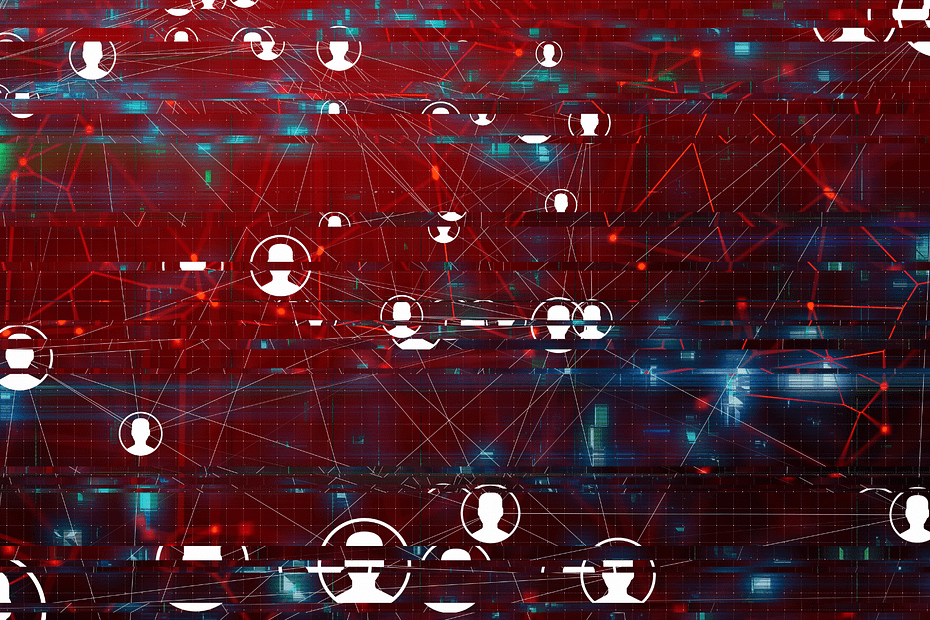Last Updated on: 25th June 2023, 11:29 am
Social media has become an integral part of our daily lives, but it also poses significant benefits and risks. I will explore the benefits and risks of social media and how they impact our society.
Benefits of Social Media
There are a bunch of benefits of social media but I am going to tell you some of the best that you can relate with your daily activity.
Connectivity
One of the most significant benefits of social media is its ability to connect people. Social media allows us to connect with friends, family, and acquaintances regardless of geographic location.
Platforms like Facebook, Instagram, and Snapchat provide ways to stay connected with loved ones by sharing photos, messages, and updates.
Social media can also help people find and join communities of like-minded individuals, which can foster a sense of belonging.
Information and Education
Social media provides access to a vast amount of information and educational resources. For example, YouTube is an excellent source of instructional videos, and Twitter can be an excellent way to stay up-to-date on current events.
Now a Day, Social media is used as a tool for self-education, as users can follow accounts that align with their interests and learn from the content they share.
Networking and Career Opportunities
Social media can be an excellent tool for networking and finding career opportunities. Platforms like LinkedIn can be especially helpful for job seekers, as they can showcase their skills and connect with potential employers.
Social media can also be used to build professional relationships, as users can follow industry leaders and participate in online discussions.
Risks of Social Media
While social media has many benefits, it also poses significant risks. Here are some of the risks of social media.
Cyberbullying
Social media can be a breeding ground for cyberbullying, which can have severe consequences for the victim’s mental health and well-being. Cyberbullying can take many forms, including harassment, spreading rumors, and posting hurtful comments.
Victims of cyberbullying may experience anxiety, depression, and even contemplate suicide. It is essential to address cyberbullying and develop strategies to prevent it.
Addiction
Social media can be addictive, and excessive use can lead to negative outcomes, such as decreased productivity, poor mental health, and relationship problems.
People who spend too much time on social media may neglect their responsibilities, experience anxiety and depression, and struggle with face-to-face interactions. It is essential to set boundaries and practice responsible social media use.
Disinformation and Misinformation
Social media can be a source of disinformation and misinformation, which can have serious consequences. For example, false information about the COVID-19 pandemic has led to confusion and mistrust in some communities.
Disinformation and misinformation can also contribute to political polarization and social unrest. It is essential to promote responsible social media use, including fact-checking and verifying information before sharing it.
Social media has become an integral part of our daily lives, but it also poses significant risks. To fully realize the potential benefits of social media, it is essential to address these risks and develop safeguards to prevent harm.
This includes educating users on responsible social media use, providing support for those who have been negatively affected by social media, and promoting accountability and transparency among social media companies.



